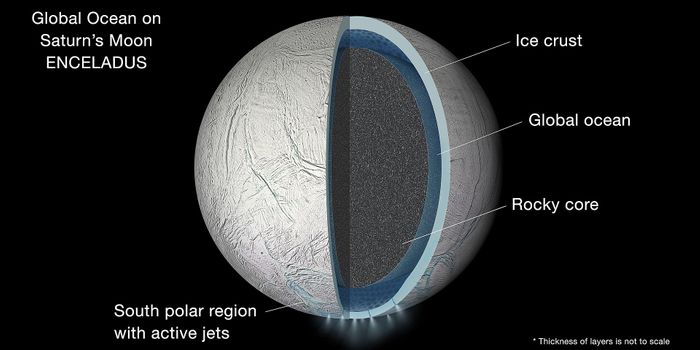Your Night Light Could Be a Glowing Plant
House plants are not just decorations: thanks to science, they could become a part of lighting in every household.
According to a recent publication in Nature Biotechnology, a group of biotech researchers created a glowing tobacco plant using the genetic editing technique.
Naturally, not many plants emit light. But many mushroom species, such as members of the Agaricales order, can produce faint, greenish bioluminescence, thanks to their ability to make a molecule called 3-hydroxyhispidin.
In a previous study led by the same group, researchers found that when exposed to oxygen and a luciferase enzyme, the small molecule can produce the glow on their native fungal fruiting bodies.
But plants don't produce 3-hydroxyhispidin. Scientists altered the genome of a tobacco plant to add a metabolic cycle of the glowing mushrooms, which enables the flora to divert a part of its caffeic acid (essential for forming the water-conducting tissue lignin) supply to produce 3-hydroxyhispidin.
The bioluminescence from the genetically modified plant can self-sustain without any physical or chemical input, and is visible to naked eyes. The researchers behind this work think that the light also can act as a physical marker for assessing the plant's health, due to the connection to its biology.
Source: C&EN








